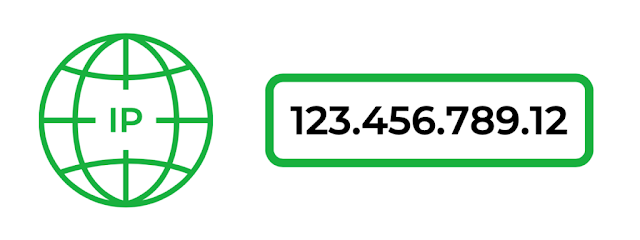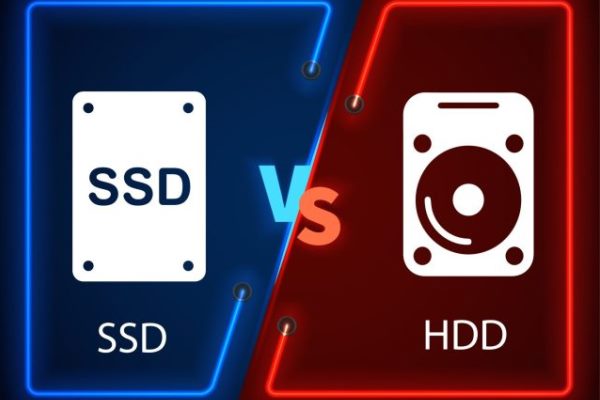How To Decide Between Linux Hosting vs. Windows Hosting
Choosing an OS for your server could seem sort of a daunting task, but it doesn’t need to be a difficult decision. Whether you're just getting started together with your first website or looking to urge found out on a more powerful server at GigeNET, these simple guidelines can assist you to make your decision.
Linux vs. Windows
Budget Requirements – Many websites are small start-ups with strict budgets, and Windows licenses add a licensing cost to your hosting experience. There is a spread of Linux distributions available for no charge.
User Interface Requirements – counting on the extent of technical knowledge at your organization, there are various levels of usability of the interface to think about.
- If you're familiar with using Windows already, having a Windows server could also be appealing to you. With a Windows Server, you'll hook up with the server through Remote Desktop (RDP) and use programs on the server even as you'd on your computer reception. Though these tools may make the server itself easier for you to use, they'll not make website administration as simple as having an impact panel could.
- If you're familiar with using shared web hosting, like a case where you're migrating from a lower-powered shared hosting service to your own dedicated server, you'll be best fitted to a Linux server with an impact panel. GigeNET offers cPanel licenses to our customers, so you'll have a strong server instrument panel you'll access from anywhere.
- Software Requirements – If you aren’t sure of your software requirements, your developers would be the simplest people to ask.
- Will, you would like ASP, .NET, Microsoft SQL? Websites with such requirements will find a Windows hosting environment best suited.
- Will, you would like PHP and MySQL? These programs are often run on either Linux or Windows, however, if they're your only requirements, you'll likely find a Linux environment best suited.
- Providing Access To Other Users – it's important to think about how you'll provide access to other users. this might include other members of your staff, your development team, or maybe your own clients. On Windows servers, you'll leverage the powerful user management options available through Active Directory and Group Policy. Authentication is often centralized together with your Active Directory server, even across multiple servers so you simply need to create your user accounts in one place. Group Policy can enforce your user restrictions across the Active Directory domain.
- With Linux servers, you gain a strong file permission system designed with multiple users in mind. GigeNET also offers CloudLinux, a specially designed OS enhancement with security and account isolation in mind. If you propose to sell hosting packages from your server to your own clients, a Linux server with cPanel and CloudLinux is going to be an unparalleled solution for you.
- Choosing Linux? Pick a distribution you're comfortable with – There is a spread of various Linux distributions out there, some common ones are CentOS, Debian, and Ubuntu. While you'll install any of those for a Linux server environment, if you're new Linux, you'll likely find a CentOS server with cPanel to be the foremost accessible option for you.




Comments
Post a Comment